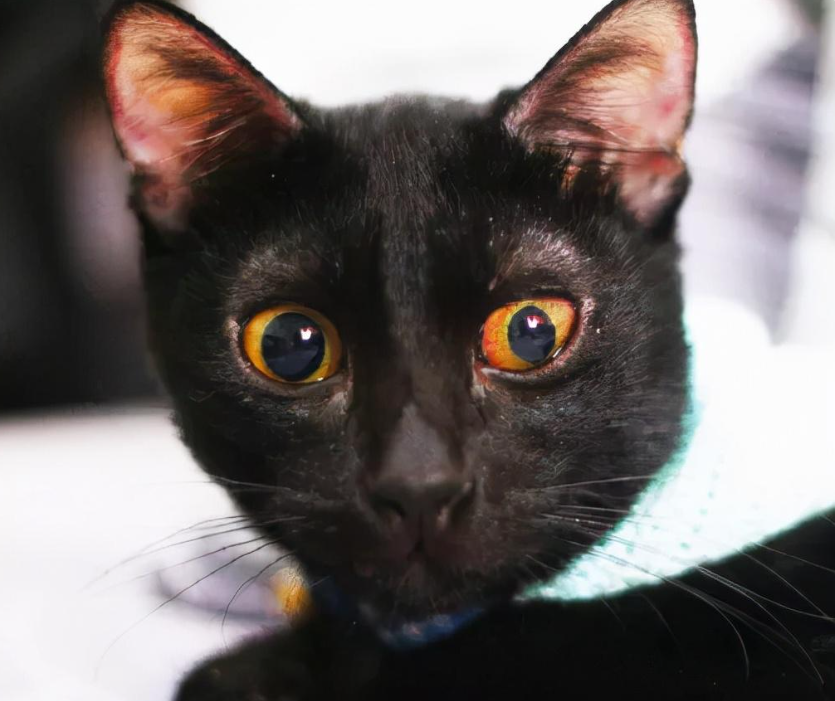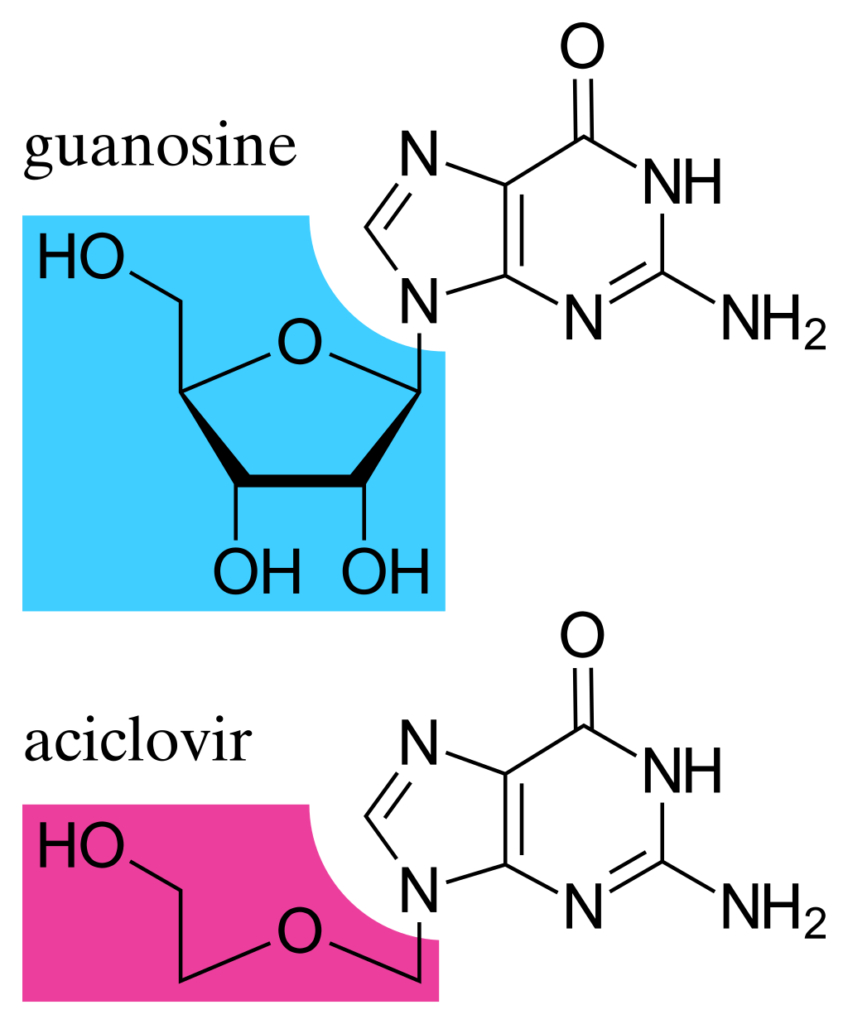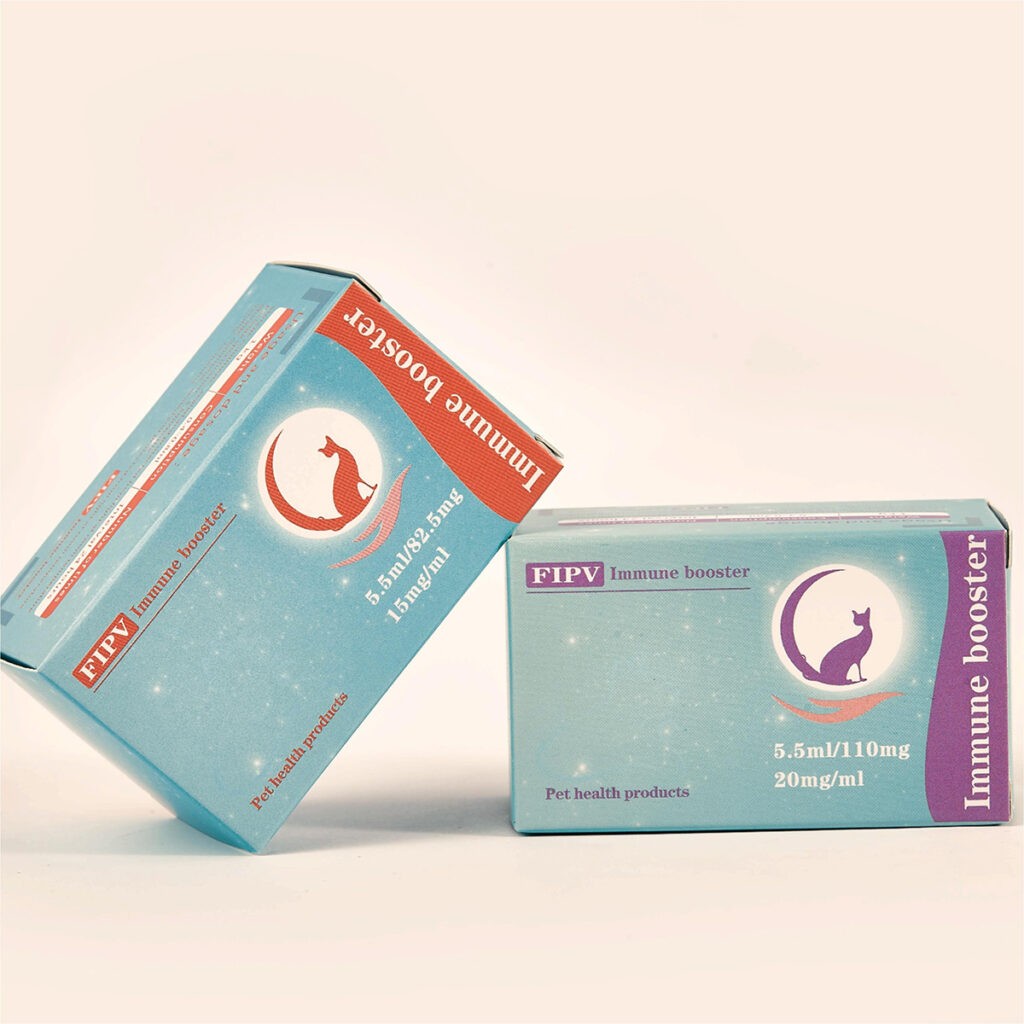What type of disease is feline infectious peritonitis?Feline infectious peritonitis, the full name of feline infectious peritonitis, is a fatal infectious disease that occurs in cats. It is mainly mutated from feline coronavirus and is infected through the mouth and nose. A few can be transmitted vertically through the placenta.

Cats infected with feline coronavirus may not show obvious symptoms, or they may have mild symptoms of upper respiratory tract infection. When the virus mutates, it may cause feline infectious peritonitis. At this time, the virus will replicate in large quantities and invade macrophages, and then enter various organs throughout the body through blood circulation, causing vasculitis and granulomatous lesions. The main symptoms of feline infectious peritonitis include loss of appetite, weight loss, depression, abdominal distension, persistent fever, etc. In addition, feline infectious peritonitis may also lead to various complications such as pleural effusion, ascites, jaundice, anemia, and dyspnea.
The diagnosis of feline infectious peritonitis usually requires a comprehensive judgment based on clinical symptoms, blood tests, B-ultrasound or X-ray examinations, etc. There is currently no specific treatment drug, and the main treatment methods include supportive care, antiviral treatment, immunomodulator treatment, etc. If a cat is found to have symptoms suspected of feline transmission, it should be taken to a pet hospital for diagnosis and treatment in time.
The key to preventing feline infectious peritonitis is reducing the spread of feline coronavirus. This includes regularly vaccinating cats, providing a clean living environment, and avoiding contact with potentially infected animals. At the same time, pay attention to the health status of your cat and seek medical attention in time if there is any abnormality.

Will feline infectious peritonitis recur after cure?
Feline infectious peritonitis can be treated by injecting GS441, and there will be a certain recurrence rate after the injection is stopped after the index reaches the target.
Reasons for relapse may include:
- Drug quality: All 441 drugs on the market do not have official national approval, and their quality varies. Inferior 441 may lead to worsening of the condition, recurrence, or even drug resistance.
- Injection dose: Too low a dose may cause recurrence. For example, some cats have a lot of ascites and their condition is not serious, but they are only injected with the lowest dose of kg*0.3ml. Even if the injection is completed for 12 weeks, there is still a possibility of recurrence after the injection is stopped. In addition, the cat’s weight will gradually increase during the injection period. If the dose is not increased in time, it may also lead to recurrence.
- Failure to adjust the dose on time: As the cat’s body recovers during the injection, the weight will gradually increase. If the weight is not measured and the injection dose is not adjusted in time, it may also lead to recurrence.
- Leakage during injection: The medicine is an acidic oil. The cat may struggle during the injection, or the injection may leak or explode due to poor parent skills. If the leakage is obvious, it must be re-injected, or every time Aspirate 0.1ml more when injecting to prevent insufficient dosage caused by frequent leakage.
- Reduce the dose on your own: Some parents will reduce the dose on their own after a period of injection and see that the cat is in good condition. Doing so may lead to relapse, and once relapse occurs, many cats will develop eye and brain symptoms.
- Stopping the injection prematurely: DR Pedersen found out through clinical trials that the optimal treatment cycle is 12 weeks, with the lowest recurrence rate. In actual operation, the minimum injection period is 5 weeks. After 5 weeks, the first physical examination is performed. If the index is normal, it is recommended to inject for another two weeks for consolidation before stopping the injection.
Although feline infectious peritonitis has a certain recurrence rate, with reasonable treatment and care, most cats will not relapse after stopping the injection. If you have any doubts, it is recommended to consult a professional pet doctor.
